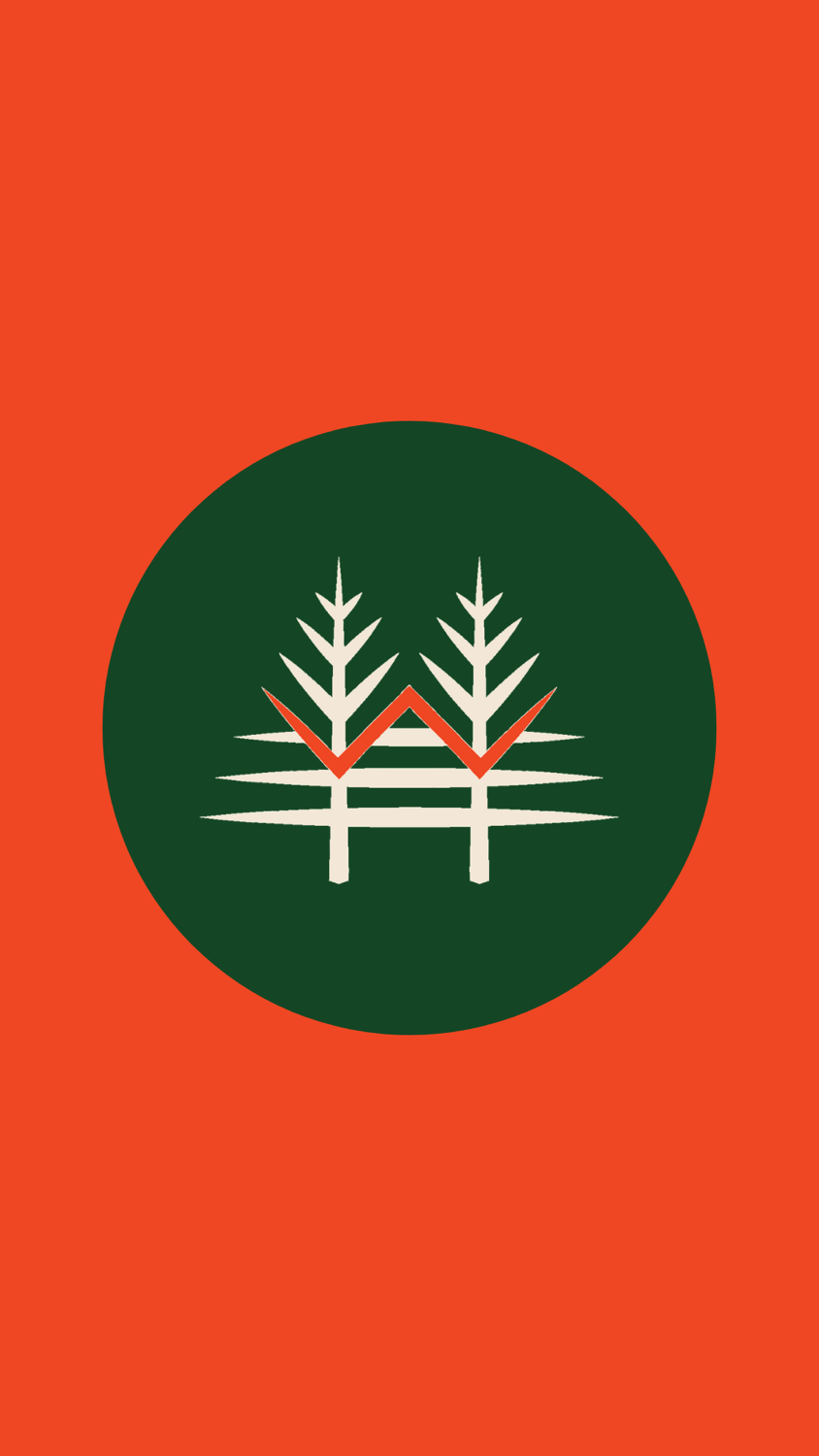Late Spring Farm News
- wernertreefarm

- Jun 12, 2021
- 3 min read
Updated: Mar 10, 2023
April and May Farm News
Spring in Vermont means babies of all kinds- for us, that means lambs, chicks, and Christmas Trees! We've finished spring planting and babies of all species are out on pasture now (except the new laying hens, who are only two weeks old).
lambing season
Pru had two fine ram lambs. We named them Burr and Thistle. We were thrilled she had twins in her second pregnancy. Unfortunately, our second ewe Pris (renamed BubbleButt) was just very fat. Our vet thinks it's unlikely she'll ever lamb after two unsuccessful breeding seasons. Luckily she doesn't have to produce lambs to be useful as a grazer in the Christmas trees. Rosie, our first lamb on the farm, unexpectedly died over winter - we were told she likely had a heart defect or an aneurysm.
The sheep have moved back into their portable pastures in the Christmas trees north of the Shop. Last year they did an excellent job eating grass and specific weeds. We still had to mow the plants they didn't like eating, but the Shropshires are reducing the amount of lawn mowing we do. This year we're trying Wilbur, our ram, in some of the youngest trees.
After their registrations come through, we'll be offering Burr and Thistle for sale. Vermont sheep raised in a small closed herd, they come from high quality Groverman genetics. Both are intact rams. Contact us for information.

planting season
With a big push from family and few employees, we planted all our trees in a two week span. We dig and plant every hole by hand. Each new tree was watered twice before it started raining again (we were pretty excited about the rain!) and each new tree has its own mulch ring to help keep moisture in the soil. We're betting on a dry year, but who knows at this point?
Species planted this year include balsam fir, canaan fir, fraser fir, korean/balsam fir crosses, concolor fir, blue spruce, and scotch pine. Most of the trees were firs, with about 50 blue spruce and 150 scotch pine.
We participated in a fun project while planting that will come out late fall 2021- a photo shoot with Dunham Boot Company. We always enjoy collaborations with other Vermont brands.
By the numbers
trees planted: 2500
species planted: 7
shovels broken: 1
days of planting: 10
looking ahead
We have several environmental projects we're excited to start this year.
solar panels
We're installing solar panels on the Christmas shop roof. The panels will provide enough electricity to supply our farm's needs. A lot of businesses in Vermont are working towards being carbon neutral.
We're thrilled to be taking a large step towards that goal.
soil health
We're continuing our quest to make our soils healthier. We've never had easy soil. Most places on our farm have heavy clay. In wet years it saturates, and in drought years it forms deep cracks. Vermont's weather seems to be trending towards more extreme weather (a tornado in March?!?) so we want to do everything we can to make our farm more resilient. And the answer to improving farms is often in the soil. Specifically, this means a lot of manual labor mulching trees with compost. We've already mulched every tree planted in the last three years and are working on the larger trees. The sheep are helping too.
crop diversity
A diverse farm is a strong farm. Cheryl and David Werner have always known this- that's why we grow so many varieties of Christmas trees. Diverse forests are less likely to suffer from pest damage, decrease the risk of weather damage, and are more fun. We like seeing how differently fraser fir and white spruce grow.
Taking this a step further, we've expanded from our original Christmas trees to include maple, honey, and hay. We're in the process of seeing what other crops are a good fit for our farm. We like the perennial nature of our current crops, and need crops that fit into or around our forest patches. We're experimenting with a raspberry patch. If there are other perennial forest crops you'd like to have available, let us know so we can look into it!

You can find our syrup at the Middlebury Natural Foods Co-op, or stop by the farm Saturdays between 1-4pm to pick some up in person (honey is available at the farm too!). Give us a call at 388-7781 if you'd like to place an order.
Until next time,
Amanda




Comments